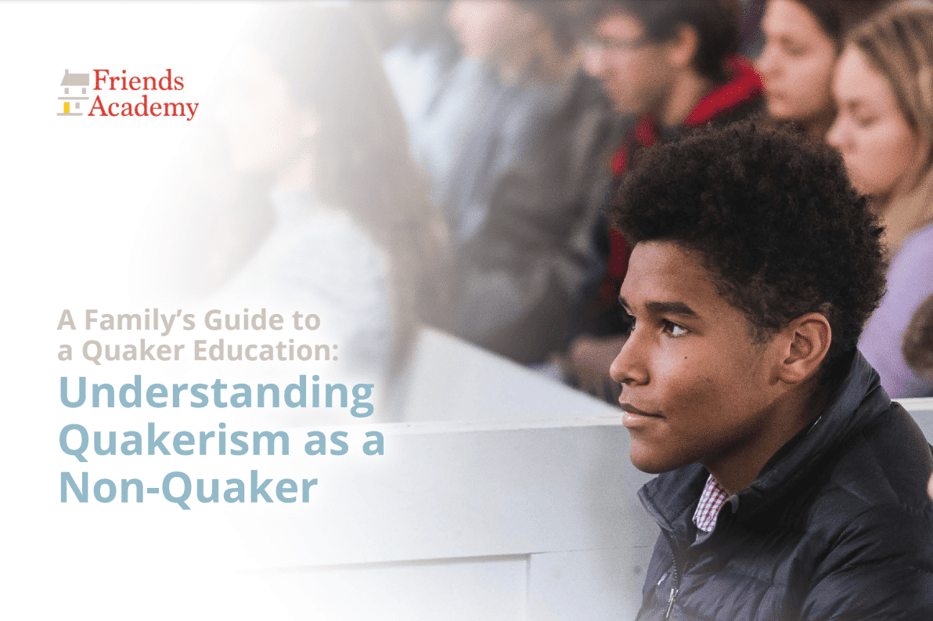FAmily Diversity Night honors the multiculturalism of all families
On Thursday, Jan. 19th, Friends Academy families...
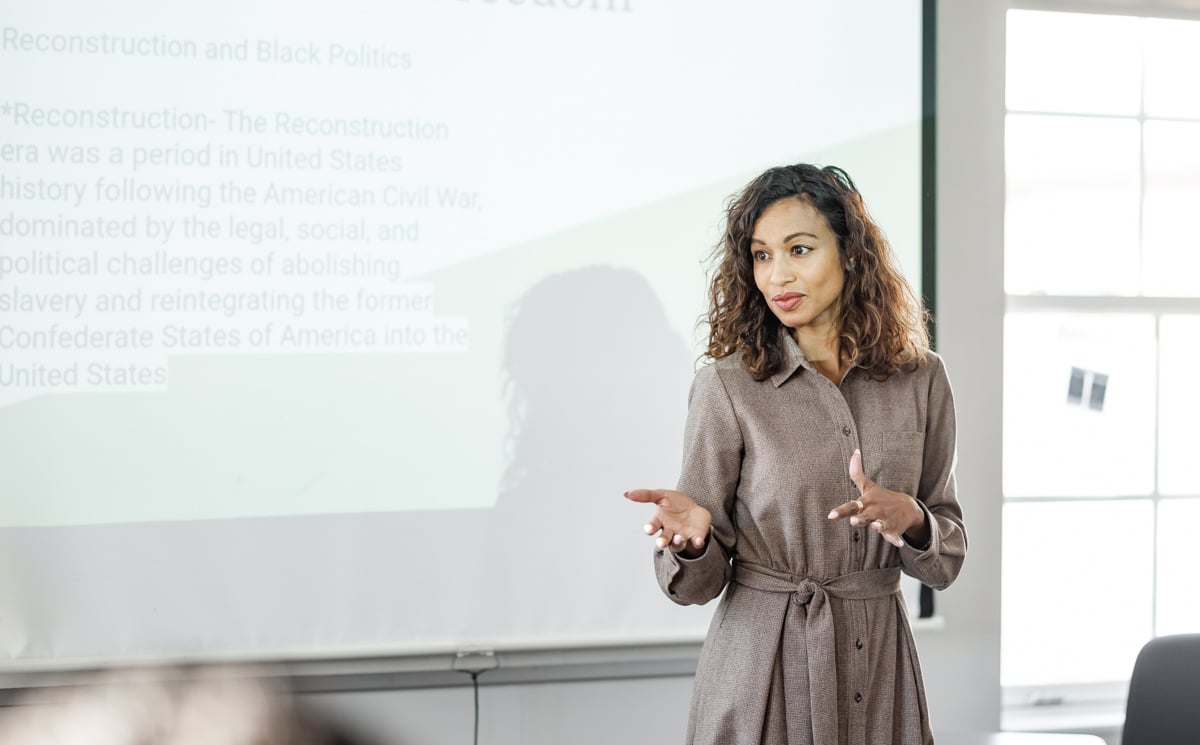
"We accept the job of creating the conditions that each young person in our community needs in order to thrive throughout their academic journey. Focusing on equity supports us in creating a unique experience for each and every child who walks through our doors."
– Nailah Moonsammy, Director of Diversity, Equity, and Inclusion
.jpg)
Director of Diversity,
Equity, and Inclusion
Guided by our strategic plan “Realizing the Promise Within” we are committed to cultivating a diverse, equitable, and inclusive educational environment for every member of our community by:
The most important piece of our diversity, equity, and inclusion work as a school is that every one of our students experience a true sense of belonging. It is crucial that every single student who makes up our community feels seen, heard, known, and valued for who they are; their inner light.
Every month The DEI (Diversity, Equity, and Inclusion) Newsletter celebrates the cultural richness and diverse voices within the FA community. The newsletter is structured around three key themes: voice, discourse, and joy!
At our Quaker school, diversity means that across our community you can see the beautiful mosaic of differences represented in our many identities.
What does diversity work examine?
Diversity asks the question:
"Who is in the room?"
Our equity work is modeled in our attention to the unique needs of every member of our community unique to their identity and lived experiences and ensuring that they receive what they need to have happy, healthy, and successful lives.
What does equity work examine?
Equity asks the question:
"How can we open the door to everyone?"
Our commitment to inclusion lives in the collection of our student alliances and affinity groups throughout our Quaker Student Life Program.
What does inclusion work examine?
Inclusion asks the question:
"Has everyone been heard?"
About the Diversity Grant Fund
The Diversity Grant Fund provides funds for expenses and fees that are part of a student's educational
Each year the Upper School Student Diversity Committee sponsors and hosts The Diversity Grant Fund Dinner, an all-school evening event featuring original student performances (OriginalWorks), small plates & light refreshments, and a presentation from our community's Student Diversity Leadership Conference (SDLC) cohort.
All proceeds from the Dinner directly benefit The Diversity Grant Fund.
About The Diversity Grant Fund Dinner
An annual event familiar to us all, re-envisioned. In an effort to invite and empower other stakeholders to join us for this event that truly impacts young people across our community, we are seeking a way to evolve from a dinner to a multi-faceted experience. Our usual dinner will take place in the middle of the event’s duration time and will be sandwiched between rounds of student performances of all original work and words from our Quaker Student Leadership Committee Leaders and our student-athletes. The dinner event will have a hard start and end time to support attendees who would like to engage in the event as they have in years past.
Download the Diversity Grant Fund Application.
Other FA organizations/events that support the Diversity Grant Fund:
On Thursday, Jan. 19th, Friends Academy families...
01-23-23
As we examine what’s next for Friends Academy, we are mindful of allowing our Quaker testimonies to guide us deeper into this space of reflection. With a long-term vision of being a school where the work of diversity, equity, and inclusion is fully integrated into our five strands below, our list of short-term goals is extensive. Rather than take a posture of reactivity, we are choosing to slow down to speed up. We will continue to listen to the voices of our students and families. We will continue to partner with key influencers and thought-leaders to learn all we can. We are here to do this work in ways that honor the full identities of members in our community while making mission-aligned, value-centered, and sustainable change.
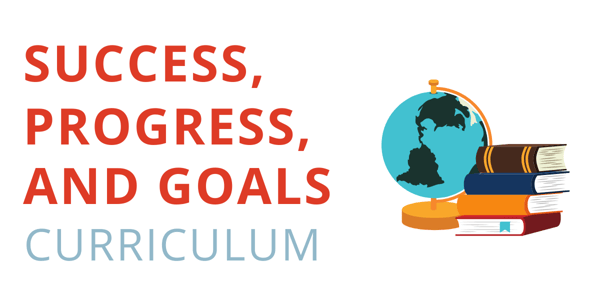
Develop a K-12 curriculum that is representative of the world, engages student voice, encourages immersive learning experiences and focuses on equitable opportunities for all people on an individual and systemic level.
Established in Fall 2020, students entering Grades 7-12 experienced an immersive DEI onboarding program during their orientation week at the start of the school year. The program introduced and defined the eight major social identifiers (ability, ethnicity, gender identity, nationality, race, religion, sexual orientation, and socioeconomic status). In advisories, students discussed the significance of embracing one’s identity at school and how our Quaker values speak directly to that part of our school’s mission. Each grade level submitted topics of interest for the year’s upcoming student-led programming and shared ideas for student groups.
Through our Quaker Student Life Program, a framework for "Sustained Dialogues" supports students in leading critical conversations. Our “Sustained Dialogues” program is inspired by the work of the Sustained Dialogue Institute and was codified by Dr. Harold Saunders, an American Diplomat who has worked on many peace treaties since the 1970s. Our program aims to amplify the voices of students as they explore how to sustain ongoing conversations about topics of interest - in our classrooms, in our curriculums, and in our extra-curricular programs. They are taught how to pose essential questions and lead a dialogue amongst their peers about a meaningful conversation topic.
Teachers use a lens through which they can plan and reflect on the integration of DEI goals of their curriculum across all disciplines. Guiding queries such as "Is it timely?", "Are you focusing on the 'how' (instead of the 'what')?", and "Is it integrated, open to all, and inquiry-based?" provide opportunities to thoughtfully create an inclusive experience for all students and families while ensuring mission alignment in all we do.
During the 2021-22 school year, national experts and practitioners will partner with our English and history faculty to conduct a curricular review of Humanities across all divisions. The external review process creates ongoing dialogue and assessment of our curriculum, approach, pathways, and opportunities for development and change. The process culminates in an in-depth co-constructed report which includes accolades, ongoing questions and considerations, and suggestions for revisions, improvements, and elevation of our Humanities program.
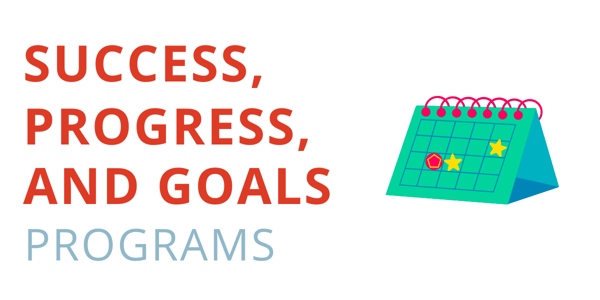 Provide both divisional and all-school family programs that invite cultural exchanges and provide supportive, public learning among all participating community members.
Provide both divisional and all-school family programs that invite cultural exchanges and provide supportive, public learning among all participating community members.
Beginning in 2019, we began hosting three annual All-School family cultural exchanges – Holidays with Friends, FAmily Night, and the Caring Community Dinner. These programs ground themselves in storytelling, community-building, and performances of all kinds with the aim of uplifting and amplifying the voices and experiences of our students and families. Read more about each of these programs.
In Summer 2020, we hosted our first DEI Family Summer Series, opening the door to our community's onboarding for DEI-focused learning. Designed and led by Camille S. Edwards, we: 1) introduced and defined what the domains of diversity, equity, inclusion, and social justice mean to us in our Quaker school, 2) explored the benefits of approaching DEI learning with a growth mindset, and 3) defined ways in which the partnership between faculty and family strengthens our school community.
In Winter 2020, a DEIJ (Diversity, Equity, Inclusion, and Justice) Parent Group was formed. Our DEIJ Parent Group welcomes parents of all identity backgrounds across our divisions. The group’s primary focus is on parent engagement through community education surrounding matters of diversity, equity, inclusion, and justice in our Quaker school. For questions about how to join this group, please contact: camille_edwards@fa.org.
Our Quaker mission guides us to ensure that each individual’s inner light shines brightly, so we have created affinity groups to further reinforce every individual students’ sense of belonging. Affinity groups for students in independent schools are very common and can become an integral part of any student’s experience in an independent school. Friends Academy has a history with affinity groups dating back the 1990s.
Affinity Groups are optional places of gathering for students who share a social identifier with one another (e.g. gender, language, race, etc.) and place a focus on positive identity 1) formation, 2) affirmation, and 3) exploration. Affinity groups create emotionally comfortable spaces where students can share common experiences and be in the community of others when developing a stronger sense of self.
Alliance Groups at Friends Academy are open-membership groups that welcome students of all backgrounds and identities. Alliance Groups focus on allyship, awareness, and advocacy. We have student alliances across our school community.
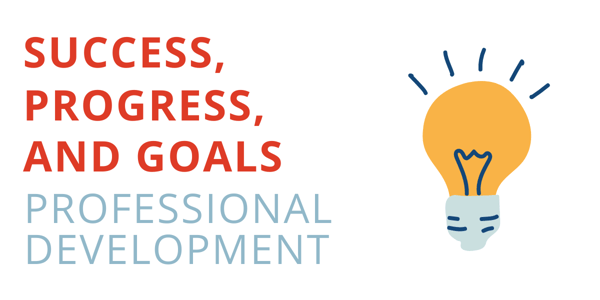
Engage in ongoing professional development experiences focused on equity, inclusion, social action, and the increased awareness and active mitigation of bias.
Since 2019, all faculty and staff have been required to participate in an annual anti-bias professional development session as a part of our ongoing education. Since 2019, we have completed the Implicit Bias Training Modules Series from the Kirwan Institute for the Study of Race & Ethnicity and will continue to require this training for all new faculty and staff in their onboarding professional development experience. Each year, we seek a training experience that is mission-aligned and relevant to our community’s learning.
2019-2020: Kirwan Institute: Implicit Bias Training Module Series (September 2019)
2020-2021: Liza A. Talusan, Ph.D., “Addressing Implicit Bias in our Daily Interactions” (April 2021)
During the 2020-21 school year, faculty and staff have participated in a community book study and regular DEI professional development sessions. This year, we are reading, Mindful of Race by Ruth King. Our DEI sessions offer formal professional development training (e.g. implicit bias), create space for spotlighting student experiences, offer colleagues tools for uplifting our DEI efforts/initiatives (e.g., supporting students in identity-focused learning), and setting time aside for honest conversations with our colleagues about our community.
All new faculty and staff members engage in a DEI onboarding training experience with our Director of DEI where they learn about what diversity, equity and inclusion means to our Quaker school community and how to partner with our DEI office from their various areas of purview in our school. The onboarding begins with a discussion on the foundations of Quakerism and Quaker education, and how DEI work is linked to the Quaker testimony of equality/equity. New colleagues are introduced to our shared principles for how we approach DEI efforts/initiatives, have an opportunity to learn more about one another’s identities and experiences, and also are enrolled in the upcoming year’s DEI-specific goals and strategic plans for action.
Formed in Summer 2020, the Allies Group works to prioritize colleague-led DEI learning as it relates to allyship and advocacy. Colleagues of all identity backgrounds are welcomed into the group to publicly learn about how to explore, define, articulate, and demonstrate their allyship and advocacy as adult community members in our Quaker school. The group prioritizes honest, sustained dialogues about topics of utmost importance and great value based on our Quaker mission.
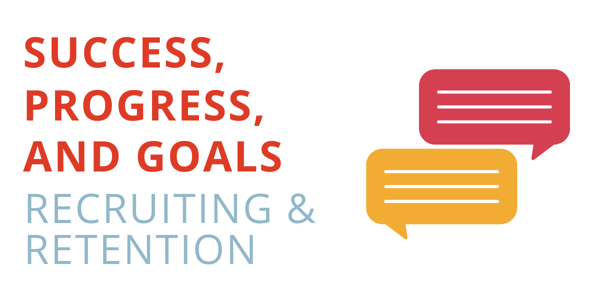
Expand hiring practices to identify, recruit and retain diverse educators. Evaluate and revise practices around training opportunities, screening, interviews, campus visit days, reference checks, candidate experience
The Strategic Plan Recruiting & Retention Committee (a key goal in "Realizing the Promise Within") was formed to advance the recruitment, hiring, and retention of a diverse and talented faculty and staff. The committee examines recruitment strategies, hiring practices, and the approaches to retention adopted by our school.
The Recruiting & Retention Committee is reviewing the interview process to ensure it is consistent and that all hiring teams undergo anti-bias training. The Committee is working to standardize hiring practices with respect to job postings, the screening process, the interview process, and visit days. Additionally, Friends Academy has increased and varied its candidate sourcing partners and has created a tracking process to better understand success in partnering with faculty placement firms.
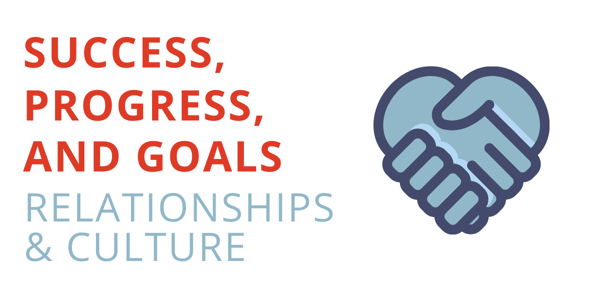 Cultivate authentic community engagement efforts that focus on relationship building and partnership, as it relates to crucial conversations surrounding equality, equity, and justice.
Cultivate authentic community engagement efforts that focus on relationship building and partnership, as it relates to crucial conversations surrounding equality, equity, and justice.
As of the Summer of 2020, a collection of Upper School student groups were re-introduced to our Quaker Student Life Program as alliance groups associated with the Diversity Committee. See the full list under "Alliance Groups."
Each group represents specific lenses of identity that students wanted to create cultural awareness and education around for the Upper School student community. Collectively, they represent our students leading the work of building an inclusive school community through cultural competency learning efforts in our Quaker school. Identity-focused student groups can be created by any student in our Upper School community.
Throughout the next two years, we will examine our current student life model, including the all-school dean model and a Quaker Practice through Community Engagement (QPCE) team to ensure full integration of DEI work in discipline, service learning, health and wellness, curriculum, and programming.
bring together people who have a shared identifier (e.g. gender, family structure, religion, and many others). Within an affinity group, a member can speak to the experiences of being a member of the group from the "I" perspective. Affinity groups provide affirmation, emotional comfort, and community.
bring together those who want to support and stand in solidarity with people in underrepresented communities. Alliance groups focus on member education, advocacy, and action.
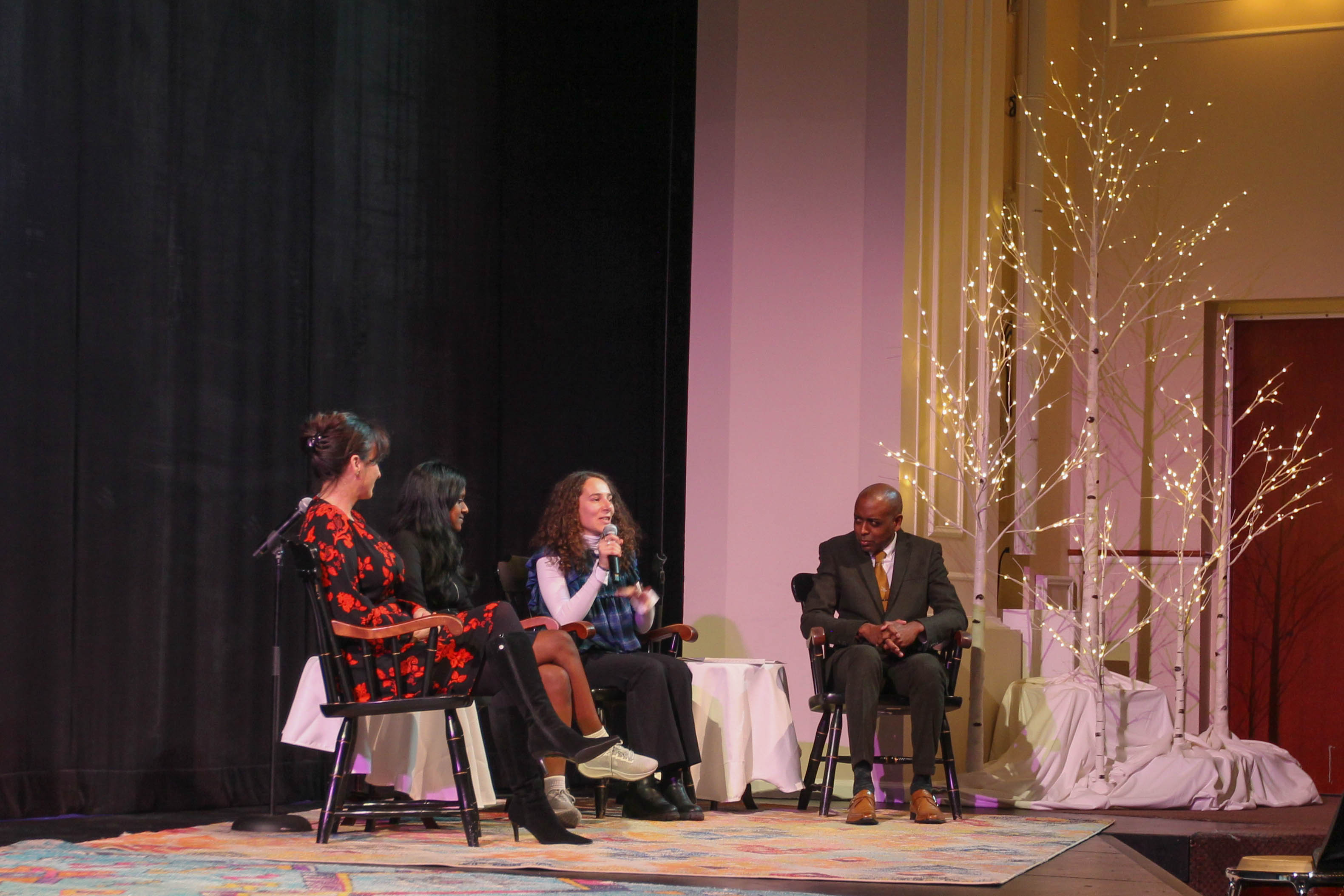
Traditionally held in December, Holidays with Friends is an all-school event that emphasizes faith, service, and inclusion in a harmonious way. Designed to offer a winter uplift to everyone's spirit within the community, the evening serves as an arena for story-telling, cultural and faith exchanges, accessible service activities, and an engaging communal experience for the entire family.
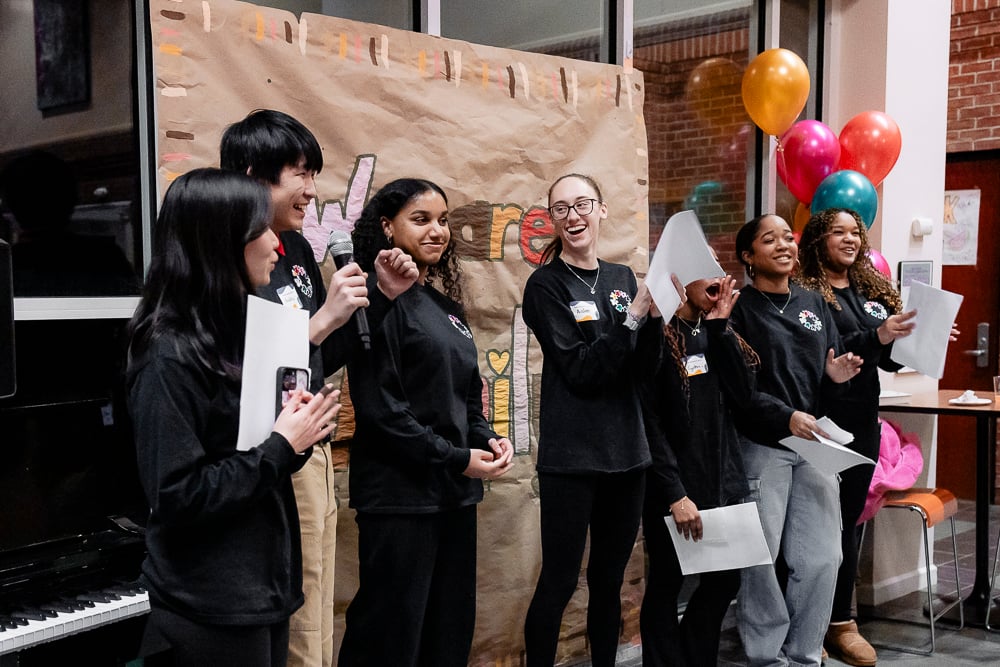
FAmily Night is an all-school event held during Peace Week in January that celebrates the rich diversity that all families bring to our community. The night is filled with cultural offerings, student performances, an international family potluck, and visual art. The evening places a strong focus on diversity and inclusion.
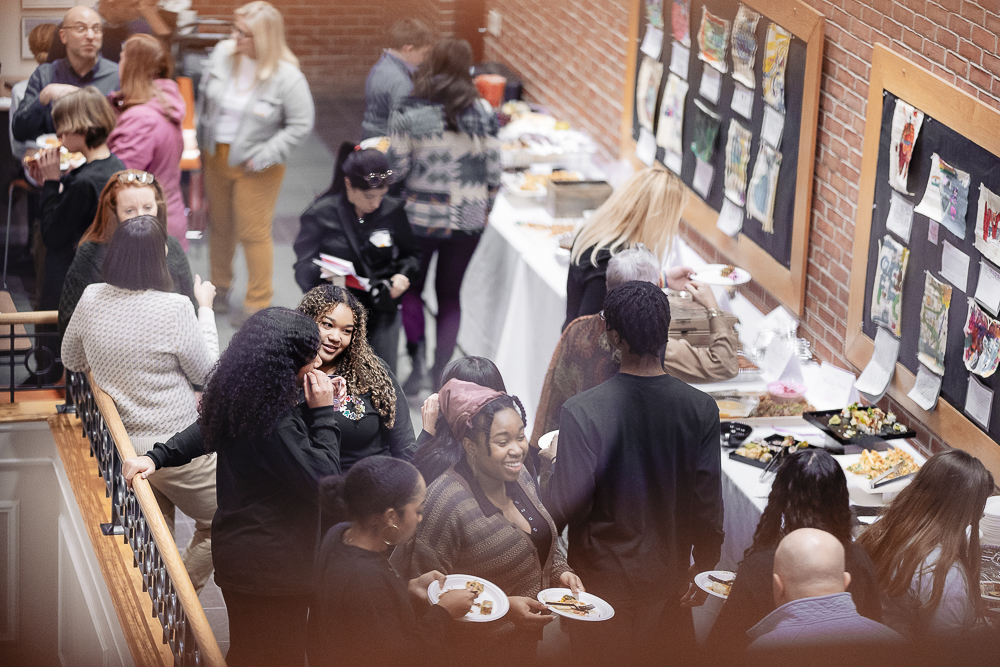
Held in March, the Caring Community Dinner serves as a fundraiser and awareness program for the Diversity Grant Fund – which provides financial support to student expenses and fees that are a part of a student's educational experiences but are not covered by financial aid.
The dinner is paired with original student performances (OriginalWorks) and a brief presentation from students who attended the year's annual National Association of Independent Schools’ (NAIS) Student Diversity Leadership Conference (SDLC). This third and final all-school family program focuses on diversity and equity.
Guided by our Quaker values, Friends Academy has created a culture that values diversity, acceptance, understanding, and the importance of human connection. Explore our guide, Understanding Quakerism as a Non-Quaker, to learn more about our guiding principles and how our students live and practice these values every day.
